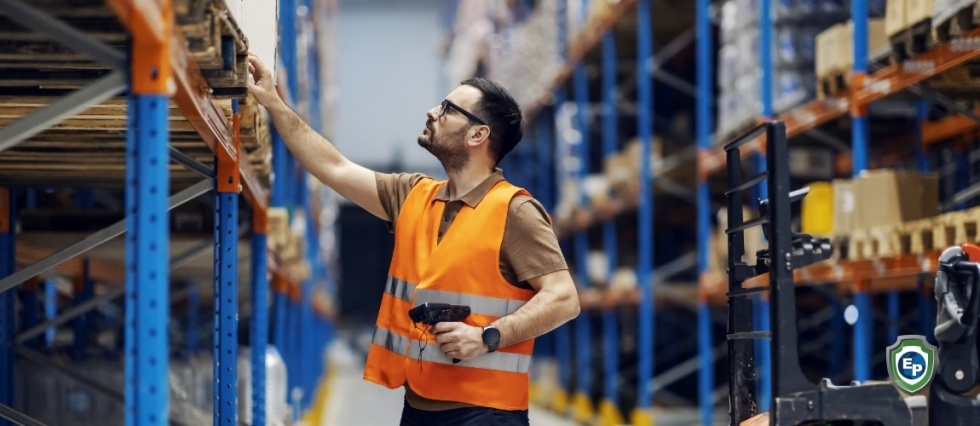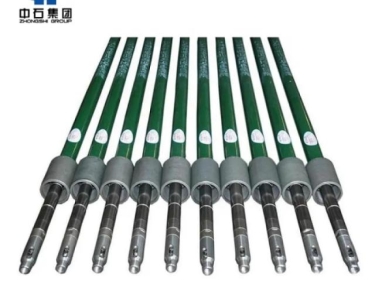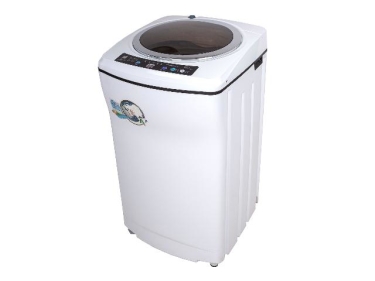Warehouse Implementations to Improve Importing and Exporting
Find out how your warehouse can benefit from an implementation to increase productivity and efficiency with automated data management and real-time visibility across the supply chain.

Almost every business that imports or exports goods has felt the impact of pandemic-related disruptions in the international supply chain. These disturbances have raised the need for warehouses around the world to make some implementations to perform at a higher level. Following are some of the most relevant ones.
Improve the Exchange of Information: EDI or API?
Warehouse performance depends on the seamless exchange of information between business players across the supply chain. Electronic Data Interchange (EDI) has been a cornerstone of many businesses’ in international trade for many years. However, Application Programming Interface (API)-based systems have gained considerable popularity as a replacement.
Both options have pros and cons. EDI is more widely used and standardized, although partners outside the U.S. might use different protocols. API is more flexible and offers new technological tools for certain business models. Its cloud-based nature encourages real-time collaboration across borders and time zones.
Invest in a Dedicated Facility for Imports/Exports
Logistics facilities may experience delays in domestic operations because of international operations; therefore, import/exports operations should be handled in a dedicated, more flexible facility, located in the same campus.
Some businesses find it more cost-effective to outsource importing and exporting operations entirely to a third-party logistics provider (3PL) with their own warehouses and infrastructure.
Consider Whether Replacing Barcodes with RFID
Barcodes have been a standard element of supply chain systems for decades, but Radio Frequency Identification (RFID) is an increasingly strong competitor.
These tiny transmitter tags can be attached to packages or equipment, and then scanned using an RFID reader. Each tag is rewritable and can store far more complex information than a barcode.
RFID has numerous advantages over barcodes for some merchants. In addition to the aspects just discussed, a scanner can detect multiple tags simultaneously, and it doesn’t need a line of sight to read them. Such advantages are especially important for smooth importing and exporting, where it is crucial to establish transparency by documenting every stage of the cargo journey.
Implement Cloud Workflows to Improve Global Collaboration
The global economy now requires communication with suppliers around the world. Businesses that can execute this communication in real time through the cloud will have an advantage. Now, more than ever, international supply chains rely on the ability to respond quickly to unexpected conditions.
Cloud workflows can take many forms, but many involve logistics software-as-a-service (SaaS) deployments that allow the business to collaborate with international partners through common platforms. This helps avoid miscommunications and delays, and creates transparency in the supply chain at the most critical points.

Work with a Reliable 3PL Partners with Experience in International Logistics
Almost all businesses with international supply chains use 3PL at some point. 3PLs often provide the expertise necessary to maintain compliance in an international supply chain, as well as the required logistics infrastructure. So whether it’s ocean freight carriers or air freight brokers, choosing the right 3PL is possibly even more important in importing and exporting than it is in domestic business.
The ideal 3PL partner should preferably have experience in the countries that you export and import goods to and from.
By providing the business with the expertise and resources that it needs, 3PL can help you manage your operations in a way that improves productivity on the ground at the warehouse level.
Train Staff About Compliance
Compliance is the most complex and costly part of importing and exporting for many businesses. Errors related to rejected shipments cost money, time and productivity in the warehouse. These mistakes are often rooted in workers’ or managers’ misunderstanding of their compliance responsibilities.
It is important to remember that standards are not uniform around the world. What is known in the U.S. as a NEMA 1 enclosure, for example, would need to be rated on the IP rating scale in the EU and elsewhere. Spotting and addressing compliance misalignments before they happen will yield benefits in warehouse and logistics efficiency, so focus on training people to intervene if they see a mistake about to happen.
Streamline Picking and Packing Processes
Picking and packing are the essence of a warehouse. Unfortunately, they’re also often the source of bottlenecks that reduce the efficiency of an international supply chain. Many businesses have chosen to focus on improving picking and packing to boost warehouse performance in both domestic and international trade.
Numerous methods exist for improving pick performance. Some warehouses choose to re-evaluate their slotting system or implement automated systems that direct pickers to the correct bin. In warehouses that frequently handle exports, goods packaged to a specific international standard might be located in a different area to make them easy for pickers to find without worrying which is which.
Upgrade your Warehouse Management System (WMS)
Last but not least, a WMS is practically THE requirement for operating an efficient 21st-century warehouse. These software suites typically include tools for functions such as packing, receiving, picking, putaway and other critical tasks.
A WMS is particularly important for warehouses that handle imports and exports because of the organizational advantages they provide.
The system should include strong features for automating compliance and simplifying information flows. Many of today’s WMS applications are based in the cloud and could aid in harmonizing international workflows.
In summary, the most important investments to improve a warehouse import and export performance are not only related to the upgrade of digital capabilities and facilities. Bringing warehouse personnel up-to-speed with technologies and compliance and choosing the right logistics partners are also key.
Stay Tuned with Export Portal
For information on how B2B export works, be sure to check out our Blog Page today!


















Comments 1